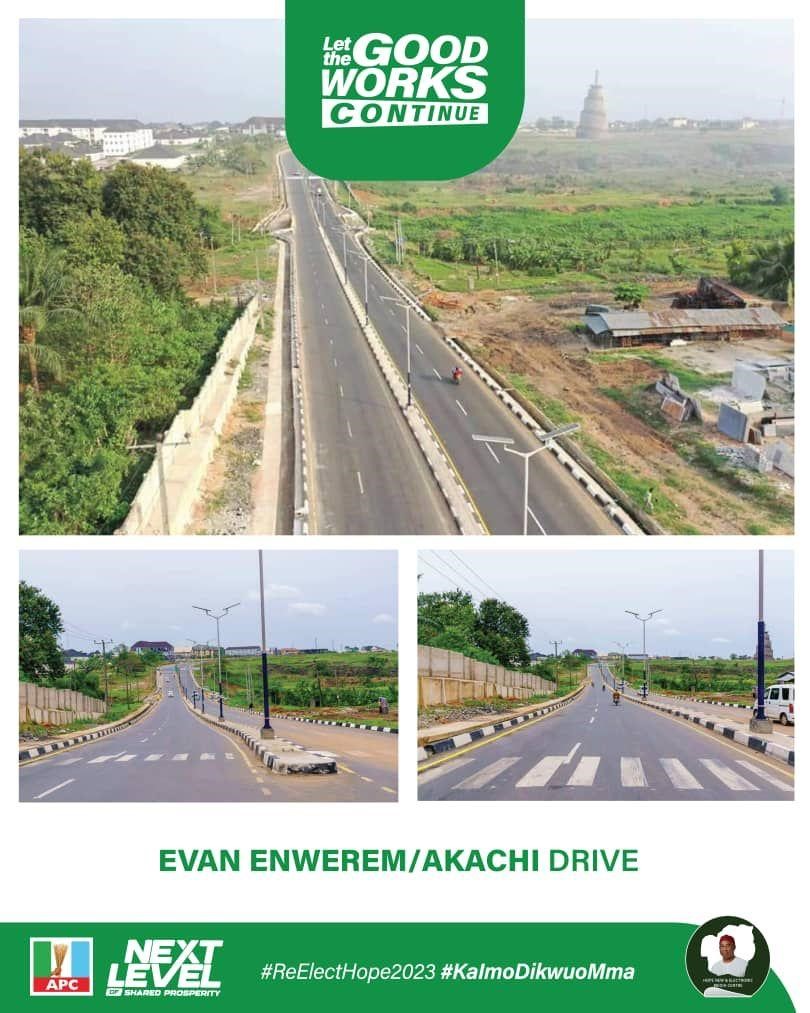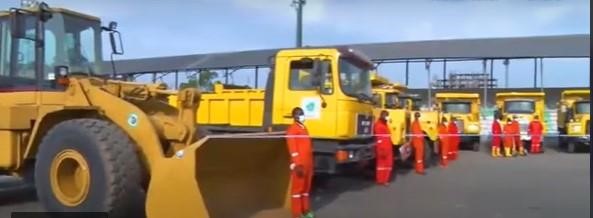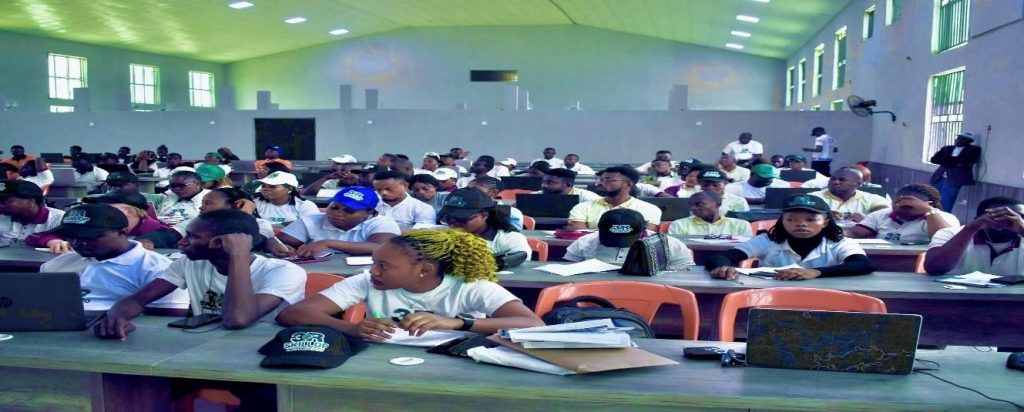Infrastructural development plays a crucial role in shaping and influencing the daily lives of people in profound ways. As governments invest in robust infrastructure, the impact extends across various facets of our daily lives, contributing to economic growth, societal well-being, and overall quality of life. The Infrastructural development in Imo State, especially in the road construction sector, has had a tremendous impact on the lives of Imolites. With the construction of major roads leading to various communities such as Owerri-Orlu Road (37km), Owerri-Okigwe Road (51km), and Owerri-Umuahia Road, among others, this article explores the multifaceted impact of Infrastructural development on the daily lives of Imolites.

The transformative impact of infrastructural development is prominently evident in the substantial improvement it brings to accessibility. Robust transportation networks, including the construction of roads and bridges, play an important role in connecting communities and facilitating the smooth movement of goods and people. This improved accessibility reduces travel time, making daily commutes more efficient and less burdensome. Beyond urban centers, these advancements encourage increased connectivity between urban and rural areas, which has various benefits, contributing to economic integration and social cohesion. By bridging the gap between communities, Infrastructural development becomes a catalyst for economic growth as it facilitates the seamless flow of agricultural products, resources, labor, and opportunities. Additionally, it promotes social cohesion by creating a more interconnected state.
The benefits of improved accessibility extend beyond mere convenience to encompass a holistic enhancement of the quality of life for individuals and communities. Reduced travel times not only alleviate stress but also allow for more productive and fulfilling daily routines. Enhanced connectivity between urban and rural areas opens up new avenues for collaboration, cultural exchange, and shared resources, fostering a sense of inclusivity and shared prosperity. In essence, Infrastructural development becomes a cornerstone for building a more accessible, integrated, and resilient state.
Infrastructural development catalyzes economic growth. The construction of new projects, such as industrial zones, markets, and roads leading to such places, attracts investments and businesses, creating job opportunities for residents and stimulating economic activities. Improved infrastructure also encourages entrepreneurship and innovation, as better connectivity and logistics make it easier for businesses to operate and expand.
Adequate infrastructure supports the delivery of essential public services. Maintained roads and transportation systems enable emergency services to respond quickly to incidents. Additionally, Infrastructural development in the form of schools, hospitals, and utilities enhances the quality of education and healthcare, positively impacting people’s well-being. Access to clean water and sanitation facilities, made possible through infrastructure, contributes to public health and hygiene.

Infrastructural development often goes hand in gloves with technological advancements. The implementation of programs like Skill-up Imo brings about an ICT revolution, increasing efficiency and providing participants with access to cutting-edge technologies that simplify daily tasks and improve overall convenience. This has helped the youth acquire the skillsets required to navigate the digital era effectively.

The overall quality of life improves significantly with well-developed infrastructure. Safe and well-maintained public spaces, parks, and recreational facilities contribute to a higher quality of life. Additionally, the provision of cultural and entertainment venues fosters community engagement and social interactions. Infrastructural development also includes the creation of aesthetically pleasing urban environments, enhancing the overall living experience for residents.
Infrastructural development can promote social inclusion by addressing accessibility issues for marginalized communities. Inclusive infrastructure, including ramps and accessible public spaces, ensures that people with disabilities can fully participate in daily activities, fostering a more equitable society where everyone has equal access to opportunities and services.
Infrastructural development in the state is vital for our progress, influencing every aspect of people’s daily lives. From the way individuals commute to work to the quality of public services they receive, Infrastructural development underpins the functioning of a modern state. There is a need for the Imo State government to embrace current trends and infrastructural innovations that will further accelerate their efforts. As they continue to invest in and prioritize sustainable and inclusive infrastructure, the positive impact on people’s daily lives will persist, contributing to a more resilient, connected, and prosperous state.
Written By:
Odor Chigozie Michael
(Imo Good Governance Monitor)


